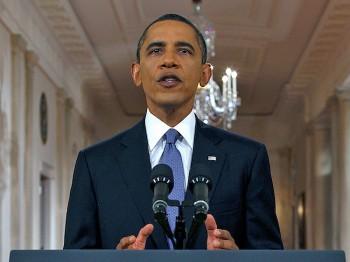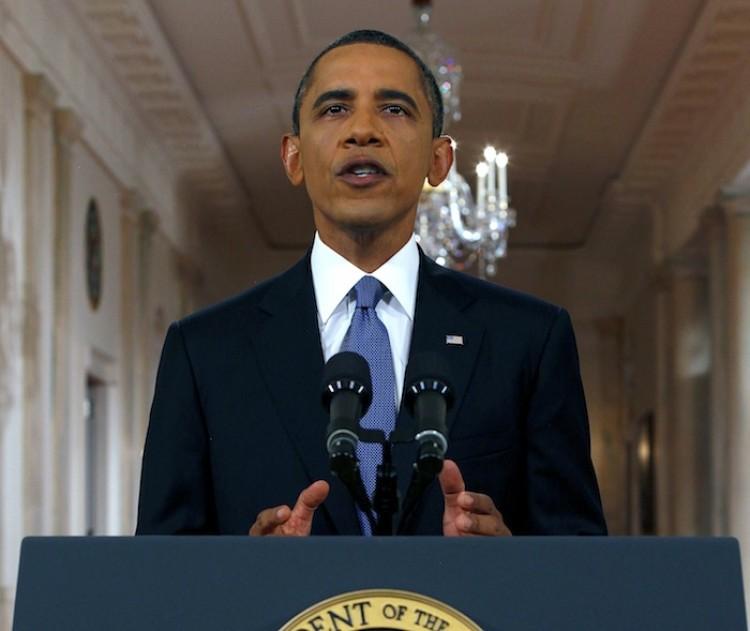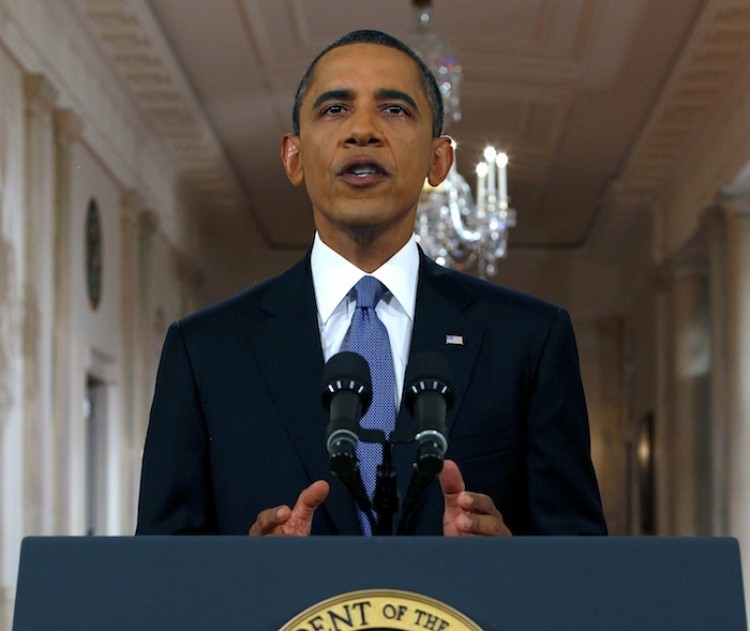Obama’s Afghanistan War Plan—A Balancing Act
Only 18 months ago, after a comprehensive study on the Afghanistan war, President Barack Obama concluded that a surge of 30,000 additional troops was needed to tip the scales of the war in favor of the Americans.

President Obama delivers a televised address in the White House in Washington, June 22 in Washington. Obama announced he will order 10,000 troops to pull out of Afghanistan this year. Pablo Martinez Monsivais-Pool/Getty Images
|Updated:
Reporting on the business of food, food tech, and Silicon Alley, I studied the Humanities as an undergraduate, and obtained a Master of Arts in business journalism from Columbia University. I love covering the people, and the passion, that animates innovation in America. Email me at andrea dot hayley at epochtimes.com
Author’s Selected Articles






